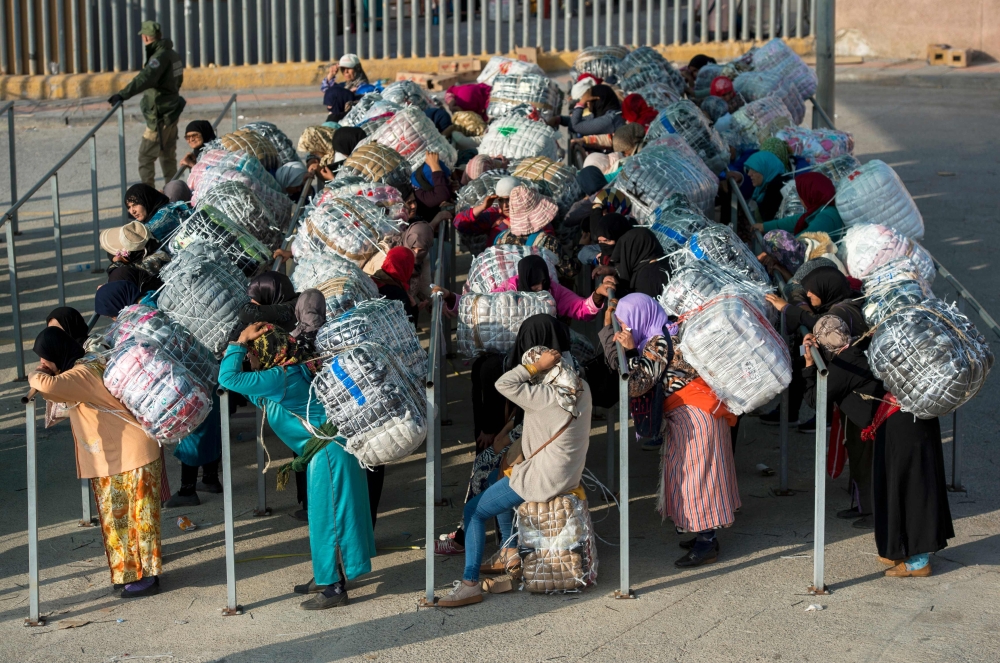Morocco Fights Illegal Imports from Ceuta
Morocco is building a free trade economic zone in the northern town of Fnideq, near the Spanish-administered enclave city of Ceuta, in a bid to reduce illegal imports.
Smuggling through Ceuta has been significant. The value of smuggled goods entering Morocco through the Ceuta border at between US$620 million and US$800 million per year, resulting in substantial losses in unpaid duties. In contrast, Ceuta’s legal exports to Morocco are estimated at only about US$53 million.
The new free trade zone will host several customs warehouses dedicated to high-demand goods, such as textiles and food products, that will be imported through Morocco’s Tanger Med mega port. Textiles and food products have been among the most commonly smuggled commodities through Ceuta.
The facility will also have an area for the conditioning and labelling of incoming merchandise. Dining, leisure and entertainment facilities, as well as landscaped green spaces, will also be created in the zone.

The current stage of construction is focusing on land levelling and road infrastructure planning, at a cost of MAD 91 million. Morocco has cracked down hard on the illegal import of goods through the Ceuta border.
Aside from being another nail in the coffin for illegal imports, the free zone also seeks to improve import procedures and goods transit between Ceuta and Morocco; raise revenue by boosting export operations; and create jobs for the local workforce that have lost their source of income due to the suspension of smuggling. This is estimated at about 78,000 inhabitants of Fnideq and 380,000 residents of Tetouan.
The decision is having a ripple effect in many sectors, including transportation. Traders are forecasting sharp drops in the IPSI, an indirect tax on goods, as well as port duties and sales, all of which will “trigger firings and readjustments” in Ceuta, a city of 85,200 people where unemployment is already above 25%.
The enclave of Ceuta was once seen as a gateway to Europe for migrants coming from across the African continent and beyond. The Ceuta border fence forms part of the Morocco-Spain border at Ceuta. Constructed by Spain, its purpose is to prevent smuggling and to stop migrants from entering Europe. Morocco objected to the construction of the barrier since it does not recognize Spanish sovereignty in Ceuta.
The crackdown has also created a political crisis that is proving difficult to handle.



